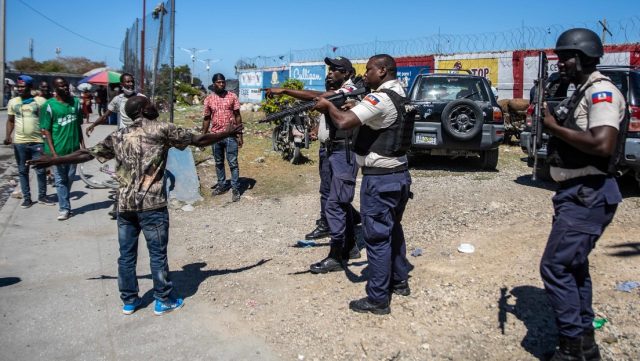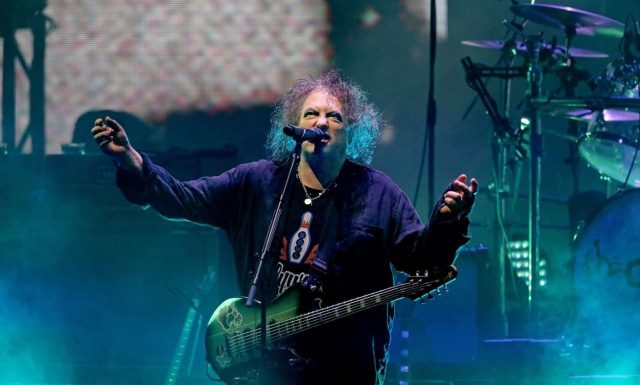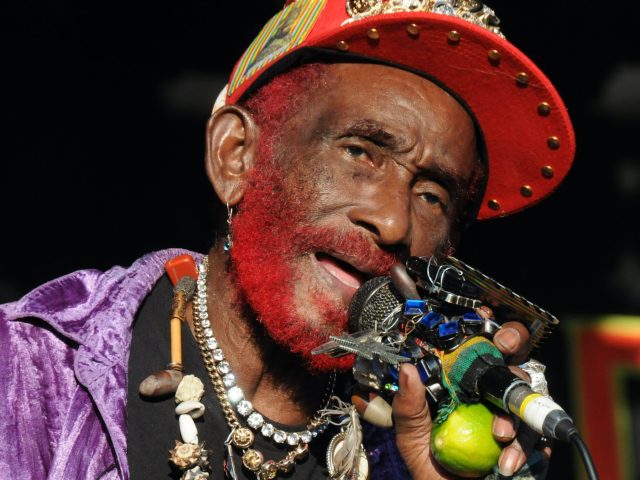The wave of violence unleashed by armed gangs in the city of Port-au-Prince, the capital of Haiti, has left 188 fatalities in less than a month, in addition to other serious crimes against Human Rights that include the use of minors in the criminal gangs.
The High Commissioner for Human Rights of the United Nations Organization (UN), Michelle Bachelet, said on Tuesday – according to the agency – that she is «deeply concerned about the serious impact» against the fundamental rights of Haitians, a situation generated by the increase in violence on the Caribbean island involving «heavily armed gangs».
According to UN data, between April 24 and May 16, 92 people «not affiliated with gangs» and another 96, who would be members of these armed groups and who died in coordinated armed attacks in Port-au-Prince, have been murdered. Although these figures have been corroborated by UN Human Rights officials, the agency warns that the actual number of fatalities could be «much higher», reports RT.
The extreme violence on the island – adds the UN – includes murders with «beheadings, cutting and burning of bodies», as well as the killing of minors who are accused by gang members as «informants» of rival groups. In addition, the situation has left at least 113 people injured, 12 reported missing and 49 kidnapped.
Another edge of the crisis in Haiti —which worsened after the assassination of then-president Jovenel Moïse in 2021— is sexual violence, which has included “the gang rape of children up to 10 years old” by members of armed gangs to “terrorize and punish” people who live in areas controlled by rival criminal groups.
“Armed violence has reached unimaginable and intolerable levels in Haiti (…) It is crucial that urgent measures are taken to restore the rule of law, protect people from armed violence and hold accountable the political and economic sponsors of these gangs“ said Bachelet.
Forced displacements and mobility restrictions
The UN report also indicates that during the last three weeks «thousands of people, including children», have been forced to leave their homes and seek refuge in temporary sites or host families in other regions of the country.
“Gang violence has had a severe impact on people’s most basic human rights. Dozens of schools, medical centers, businesses and markets remain closed, and many people are struggling to find basic goods, such as food, water and medicine», informed Bachelet.
In addition, the seriousness of the situation includes significant restrictions that have «seriously» compromised human mobility within the island, since the gangs have taken control of the two main national highways that connect Port-au-Prince with the rest of the country.
“Such restrictions on the movement of people and goods could also have devastating long-term impacts on the already difficult economic situation in Haiti”, Bachelet commented, adding that “the fragility of State institutions, in particular the police and the Judicial Power, has fueled the anarchy» that the country is living.
The High Commissioner also expressed her fear that the violence will intensify, since the police operations that are underway «have failed to restore public order» or «protect the population».
«Some human rights violations» have also been reported in the actions of officials, informed Bachelet.
«Haiti should not be forgotten»
The High Commissioner also said that despite the «multiple and prolonged challenges» presented by the Caribbean island, «Haiti must not be forgotten and must continue to be a priority for the international community», so she urged governments to redouble their efforts to prevent the situation from «getting even more out of control».
She also said that it is «necessary to strengthen State institutions to combat impunity and corruption» and recalled that the Haitian authorities «have a duty to protect life from all reasonably foreseeable threats, including threats emanating from individuals and private entities. like armed criminal gangs».
Bachelet commented that for «the coming weeks», while the Security Council debates the future mandate of the UN presence in Haiti, «it is essential that the Human Rights of Haitians be at the center of the international response, including on issues related to sexual and gender violence».













